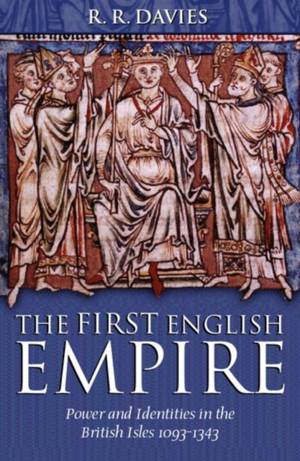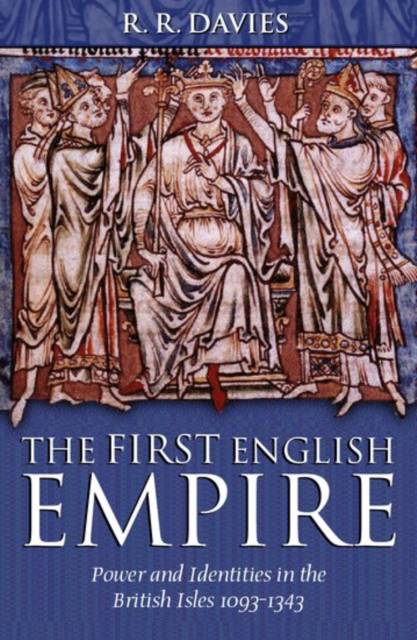
- Retrait gratuit dans votre magasin Club
- 7.000.000 titres dans notre catalogue
- Payer en toute sécurité
- Toujours un magasin près de chez vous
- Retrait gratuit dans votre magasin Club
- 7.000.000 titres dans notre catalogue
- Payer en toute sécurité
- Toujours un magasin près de chez vous
122,45 €
+ 244 points
Format
Description
The future of the United Kingdom is an increasingly open question. This book traces the issue's roots to the Middle Ages, when English power and control came to extend to the whole of the British Isles. By 1300 it looked as if Edward I was in control of virtually the whole of the British Isles. Ireland, Scotland, and Wales had, in different degrees, been subjugated to his authority; contemporaries were even comparing him to King Arthur. This was the culmination of a remarkable English advance into the outer zones of the British Isles in the twelfth and thirteenth centuries. The advance was not only a matter of military power, political control, and governmental and legal institutions; it also involved extensive colonization and the absorption of these outer zones into the economic and cultural orbit of an England-dominated world. What remained to be seen was how stable (especially in Scotland and Ireland) this English 'empire' would be; how far the northern and western parts of the British Isles could be absorbed in an English-centered polity and society; and to what extent the early and self-confident development of English identity would determine the relationships between England and the rest of the British Isles. The answers to those questions would be shaped by the past of the country that was England; the answers would also cast their shadow over the future of the British Isles for centuries to come.
Spécifications
Parties prenantes
- Auteur(s) :
- Editeur:
Contenu
- Nombre de pages :
- 224
- Langue:
- Anglais
- Collection :
- Tome:
- n° 1998
Caractéristiques
- EAN:
- 9780198208495
- Date de parution :
- 16-11-00
- Format:
- Livre relié
- Format numérique:
- Genaaid
- Dimensions :
- 163 mm x 245 mm
- Poids :
- 517 g







